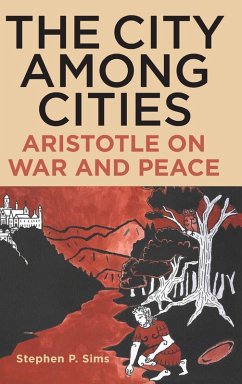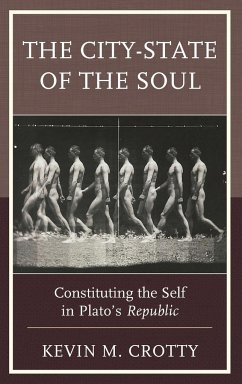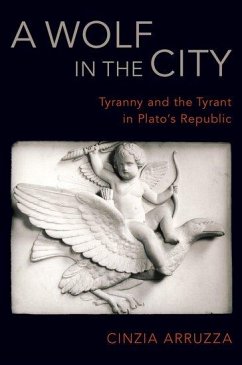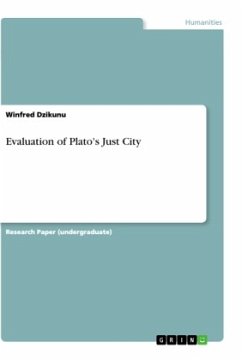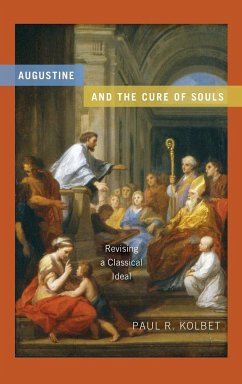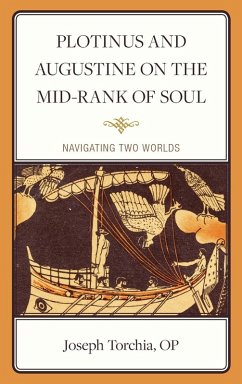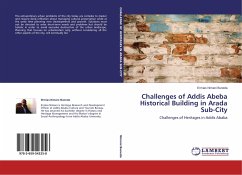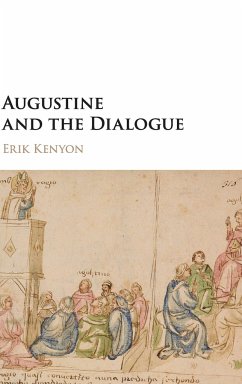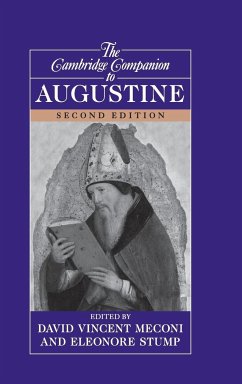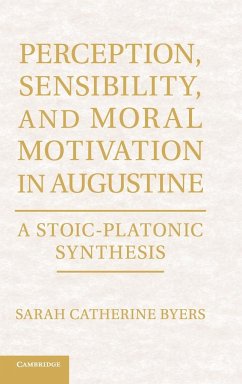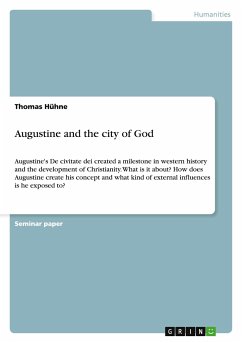
Augustine and the city of God
Augustine's De civitate dei created a milestone in western history and the development of Christianity. What is it about? How does Augustine create his concept and what kind of external influences is he exposed to?

PAYBACK Punkte
0 °P sammeln!
Seminar paper from the year 2012 in the subject Philosophy - Philosophy of the Ancient World, grade: 1,3, Nelson Mandela Metropolitan University, course: Political Philosophy, language: English, abstract: The purpose of this essay is to show the development of the cognitive reasoning that motivated Augustine to create his work De civitate Dei. We will consider several interpretations of the City of God in order to provide a broad spectrum that helps developing an opinion about his work. In order to understand his thought process, it is important to also consider the historical and sociological...
Seminar paper from the year 2012 in the subject Philosophy - Philosophy of the Ancient World, grade: 1,3, Nelson Mandela Metropolitan University, course: Political Philosophy, language: English, abstract: The purpose of this essay is to show the development of the cognitive reasoning that motivated Augustine to create his work De civitate Dei. We will consider several interpretations of the City of God in order to provide a broad spectrum that helps developing an opinion about his work. In order to understand his thought process, it is important to also consider the historical and sociological background that Augustine lived in since it constitutes a rudimentary basis to understand him. Furthermore, we will analyze the heritage of the cities he creates. An innovative approach is also given in Augustine s work since it constitutes the first record of a created progress. The city of God and its development are depicted as a continuous process and were very unique and innovative forAugustine s time. It established a new era in history writings as well as in theological terms.Furthermore, focus will be laid on human beings living together with angels in their cities, as well as the role of the church on Earth. The final focus will be directed towards the concept of dualism in Augustine and his sociological/historical environment. In order to mention the importance stateism creates in Augustine, an indication towards this matter will be made before aiming for a conclusion. We will now present a short abstract about the life of Augustine, focusing on the historical context that accompanied it.




